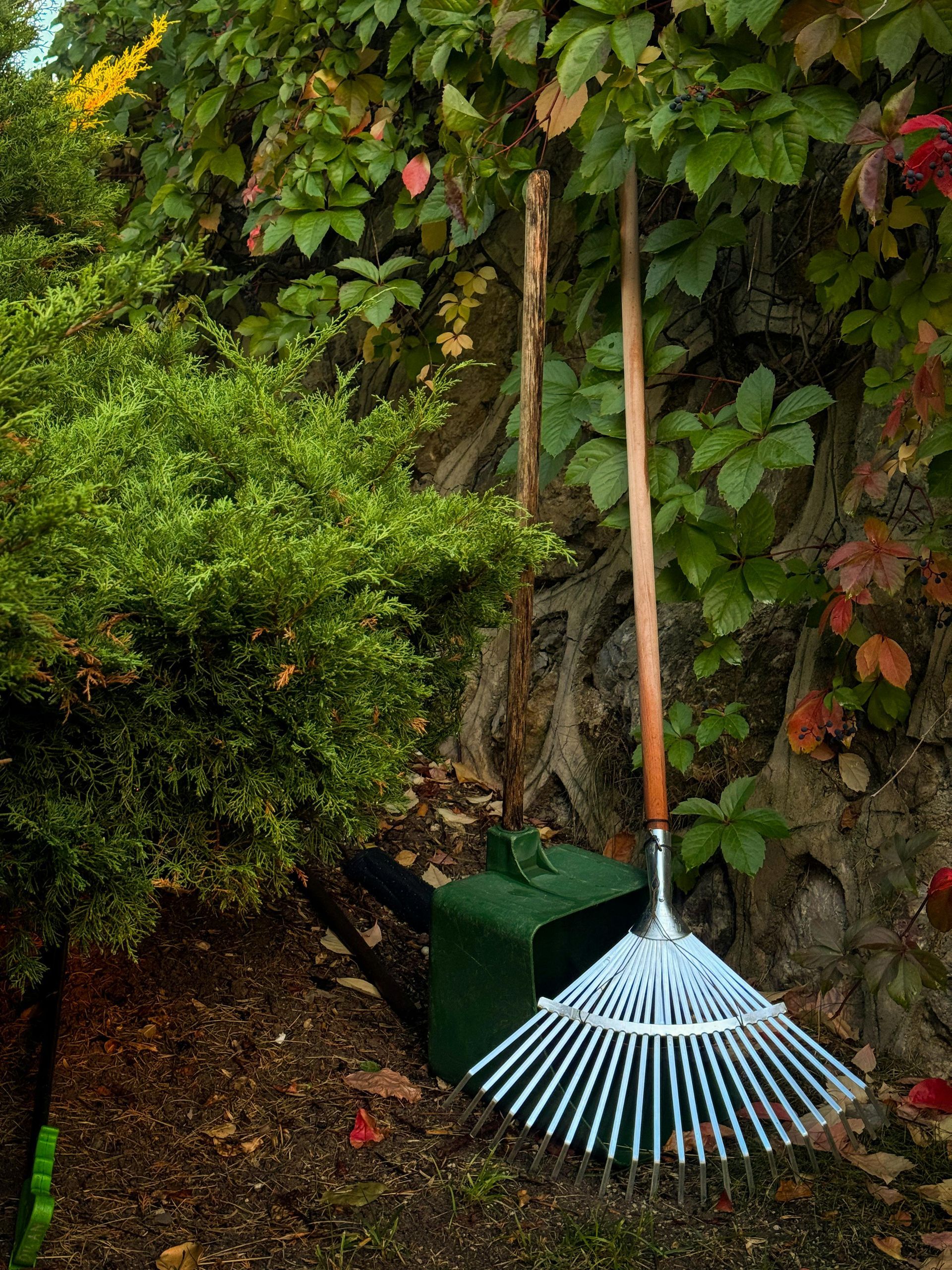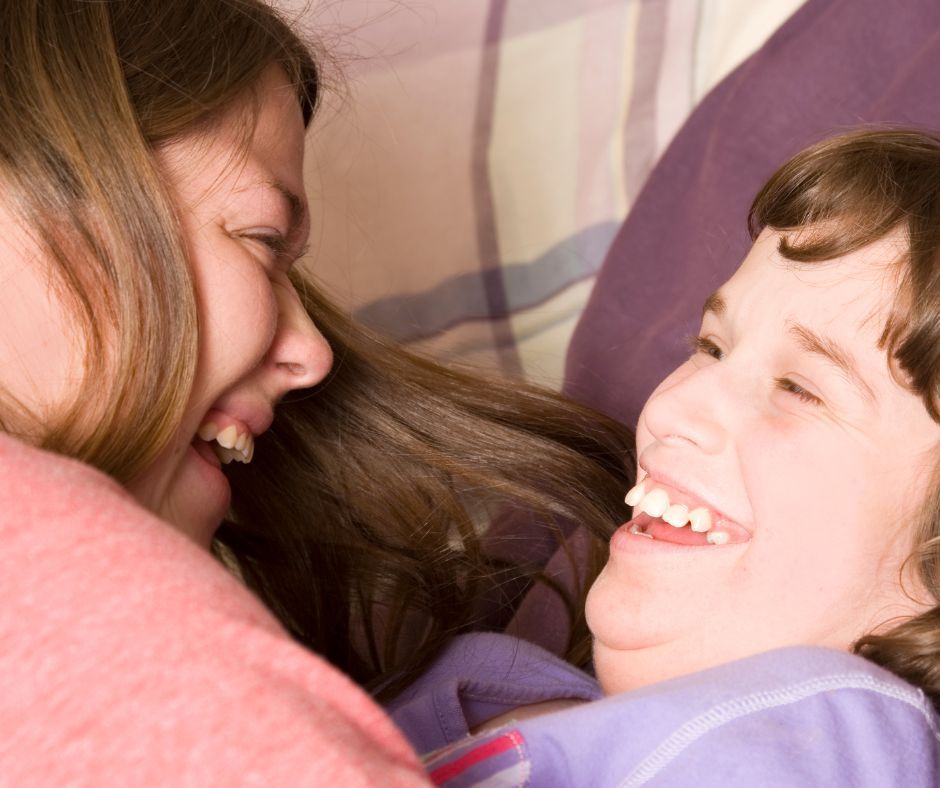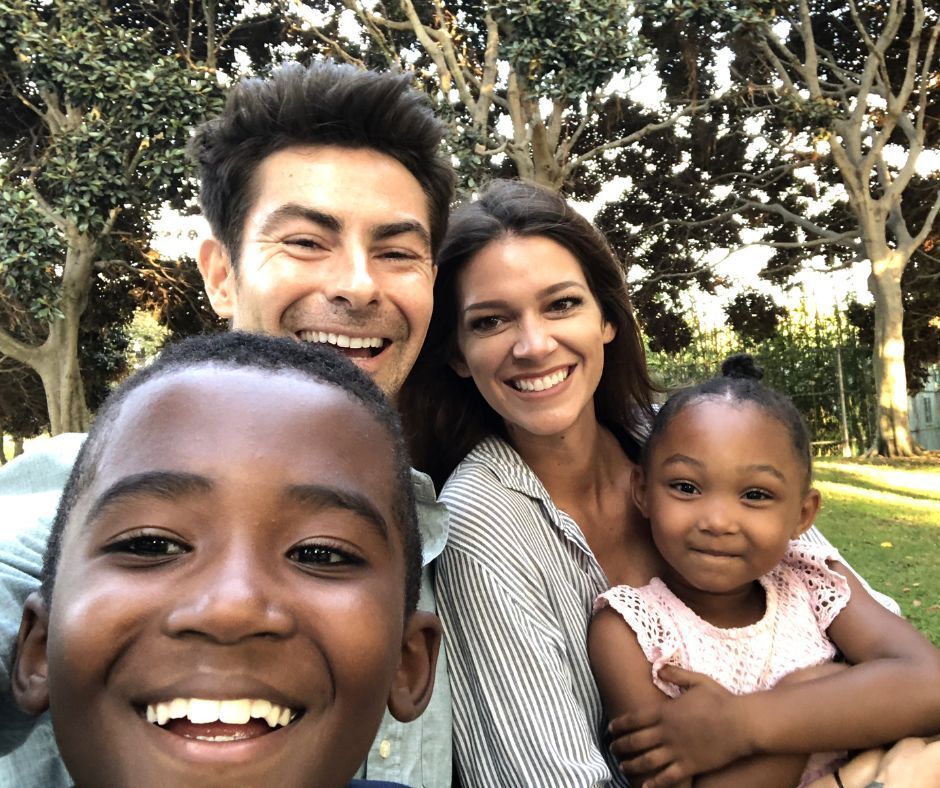“You have never had to do anything this hard in your life,” our teen son said to us after being given the job of raking and moving an enormous pile of leaves to the front yard. We burst into laughter. He felt so persecuted, when in reality he could move those leaves a thousand times, and it wouldn’t come close to the amount of time, energy, agony, stress, effort, and money that we have put into raising him. Kids are naturally self-centered. Even the most responsible, hard- working, compassionate kids are naturally self-serving.
Children have a hard time seeing adults as having needs, much less seeing those adult needs as being above their own needs in that moment. “That is not fair,” they say when parents have to work instead of taking them to the movies.
I was trying to determine when I became less self-serving, and I would have to say it was after adopting my children. At the time, I thought I was a very thoughtful adult; now I look back and see how selfish I was. Honestly, at the beginning I met their needs to keep them alive and to keep me from losing my mind with their crying. I can actually remember having meltdowns that first year, realizing that I always had to take care of them. I had to feed them twelve times a day even if I was throwing up, had three doctors’ appointments, had no food in the fridge, and had a migraine. Their needs never ended and weren’t based on my needs at all. They were just so incredibly immature about it all. Didn’t they understand at four months and fifteen months that I had important needs also? At least my spouse understood the limits of my human capacities on a bad day, but not the kids. They kept asking to be fed and comforted all day long, no matter what was going on. They also never got on the same sleep schedule so someone was always awake!















